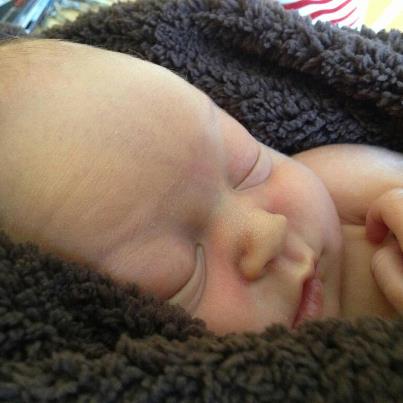I’ve talked about conferences many times. At Western Massachusetts Genealogical Society as well as Connecticut Society of Genealogisists we’ve had presentations about why you would want to attend a conference. My shortcut answer is this: “You don’t know what you don’t know.” Regardless of how long any of us have been researching our own families or the families of others, there’s always something new to consider. Especially now, in the electronic age. Don’t misinterpret that statement because “…it’s not all on the internet.” As a matter of fact, it has been estimated that only about 10% to maybe 15% of what’s available has been digitized and indexed to make it searchable at the dizzying number of websites that are available to us today. And the list includes straight-up commercial sites that charge a fee for membership, free websites such as FamilySearch.org, privately uploaded trees, and many others. In a nutshell, with the exception of FamilySearch (free), you get what you pay for. Many offer month to month subscriptions or 6 to 12 months at a time. In addition, sites like Ancestry.com further blur the options by offering graduated levels of access. European websites often offer a per document fee where you would buy a certain number of points to “spend.”
Why is the internet data so scarce? First, you are mostly blocked from seeing documents and records that haven’t been indexed. Indexing is the process handled mostly by volunteers where the words on the image are transcribed into specific fields in an electronic form. First name, middle name, last name and all the rest of the pertinent data that we’re accustomed to filling in on the search pages of various websites has to be made available so a computer can “read” the words. Now computers don’t read words, they interpret complex arrangements of zeros and ones then convert that into the words that we mere mortals can read! And only digitized documents and records can be indexed. Once a record is indexed and uploaded, you can type in data that can be matched against an electronic record and show it to you in the comfort of your own home.
Now, consider the millions upon millions of documents that are generated each and every day! Babies are born, couples get married, folks die, people join the armed forces, apply for pensions, and so on creating a myriad of records that we will be searching for some day. Can you imagine the size of the backlog of paperwork we create in the 21st century? No wonder the percentage of available electronic records is so low.
So what does all this all have to do with conferences? Searching websites is mostly a self-taught process. Conferences offer the knowledge and advice of professionals who can dispense a wealth of knowledge to large groups of interested people. At genealogical conferences, for example, there is a very broad range of topics and speakers to deliver the messages. Lots to learn! From internet search strategies to off line sources such as libraries and other repositories and archives, DNA (WOW, that’s a hot topic these days), court house research, interviewing relatives, cemeteries, European research as well as other foreign countries, military records and the list goes on and on.
There is so much interest in certain topics that the classes or workshops offered with the best of intentions often fill up the first or second day registration is open!
The whole point here is to encourage you to seriously consider registering for as many conferences that would be reasonable for you. It’s not free, of course, and they’re not always in the next town over! So there are many considerations especially with regard to your time and the expense.
Some of the largest conferences are held in the largest cities in the largest venues than what is generally available. RootsTech is a good example. The initial registration is a little pricey and attendance would require an airline ticket and hotel accommodations for us folks here in New England. But there’s an important, well-attended “bargain” of a conference right here in New England. The New England Regional Genealogical Conference (NERGC) is a bargain.
Here are the featured speakers at the 2019 conference including Thomas D Jones, Blaine Bettinger and Cyndi Ingle.



The 2019 conference is being held in Manchester, New Hampshire at the Manchester Downtown Doubletree Hotel at 700 Elm Street April 3rd to the 6th. Many more details including registration information is available at www.nergc.org. Registration will be open until March 30, 2019.


